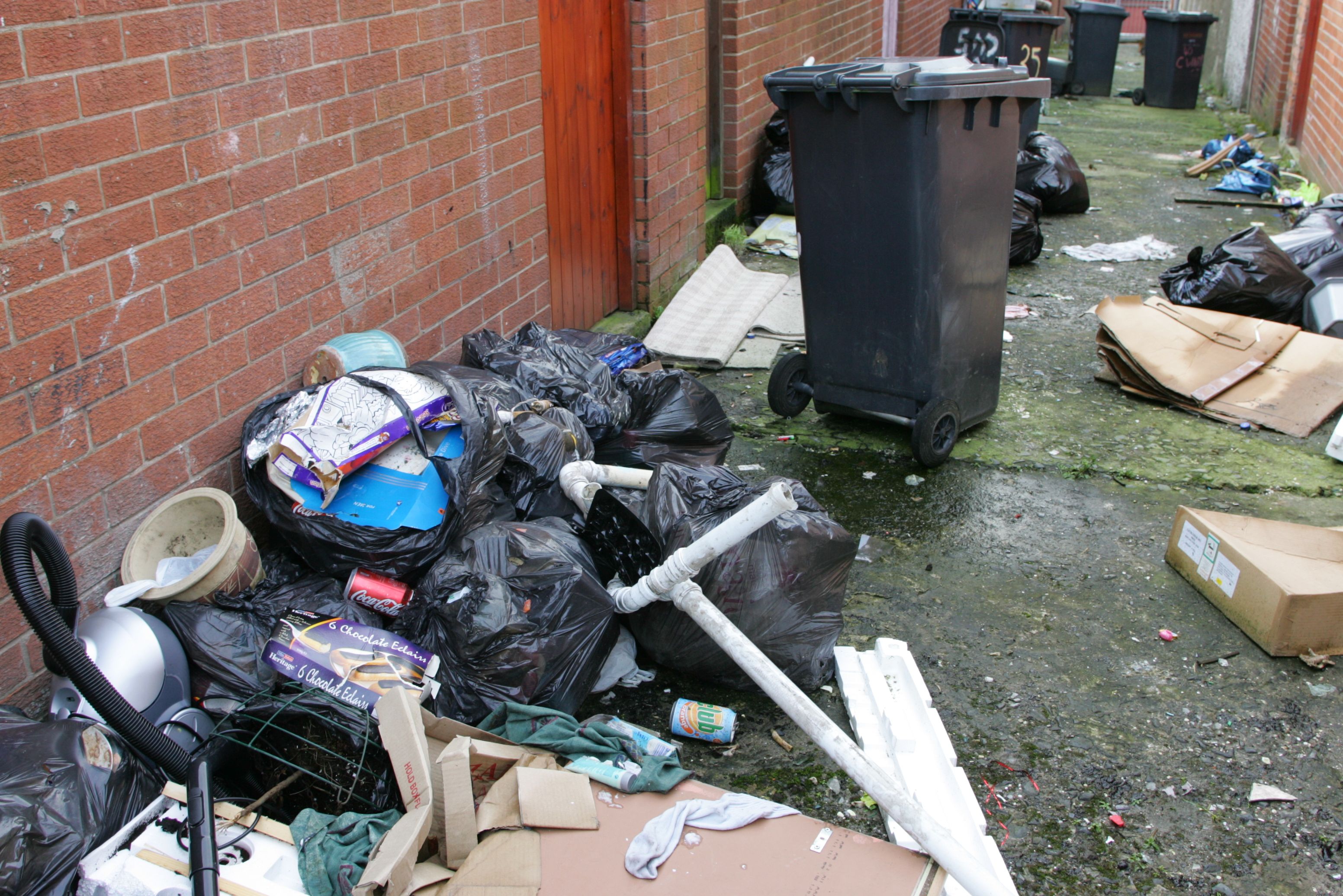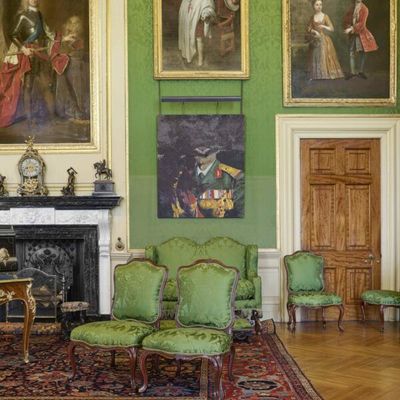DELIGHTED to see one of my neighbours taking their Christmas recycling to the dump, but did he really have to have his pyjamas and slippers on, complete with red and white fake fur-trimmed hooded dressing gown? Well at least the neighbour's children would know that Santa finally had a day off.
There was a time in this city that everyone laughed at the thought of getting people to separate their rubbish into different bins and discussions about climate change were only for radicals. Fortunately we have moved on, unfortunately it's probably because the impact of climate change is becoming more obvious. Logging on to the discussion about art and climate crisis being held by the Commonwealth Foundation, at first everyone had to reset their brains to a global perspective. The Foundation is not an organisation that ever gets a mention locally but they have been running a series of global panel discussions and talks. They do not shy away from open discussions about colonial legacy and their global reach gives them access to grassroots knowledge around the globe.
The talk hosted a panel of contributors from the global South, such as the Caribbean and coastal Africa . Some of the panellists had recently been at the COP27 event in Egypt. Ina-Maria Shikongo, an environmental activist, designer and artist spoke about how she had managed to get closer to the core events than ever before, with a group dressed in blue gowns and face masks telling people simply that "the water is coming" and while they did not think they were the only reason that reparations for loss and damage got included in the final COP27 documents, it was the slogan they were lobbying around, so they felt hopeful about it.
As Diana McCaulay, writer and environmentalist, asked, did small islanders have a different perspective than larger continents on the realities of climate change as they watch their islands disappear? We were reminded that the homelands of Pacific, Caribbean and Indian Ocean islanders are disappearing under rising seawater, extreme weather events are destroying small island infrastructure, upending local livelihoods and overwhelming public finances, Yet Audrey Brown-Pereira, poet and environmentalist, spoke of the the reality that parts of Nambia, for instance, have not seen rain in ten years, so although not a small island they are acutely aware of the local impact.
There has been a spate of 'Just Stop Oil' activists using art as a way of gaining attention for their protests, being it gluing themselves to old masters in the National Gallery or throwing tomato soup over Van Gogh paintings. The panellists were asked what they think of this type of protest – using art to attract attention? Participants sympathised with the 'Just Stop Oil' demands but wondered if using and potentially destroying other people's art is the best way to do it. Was it simply vandalism?
'Art has a way of humanizing things of bringing in new and diverse voices and hope ,Art has a way of connecting with peoples hearts directly so will remain an important tool in fighting climate change' said Kendel Hippolyte
As I logged off, the call for urgency around climate crisis was brought home stronger than usual and as I went to my kitchen and looked at the bag of recycling ready for my blue bin, the words of Ina-Maria Shikongo rang in my ears: "We do not want your rubbish. If you cannot deal with it, stop using it."
Wise words indeed.







